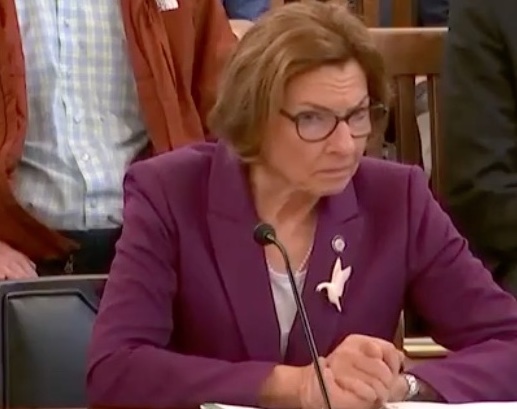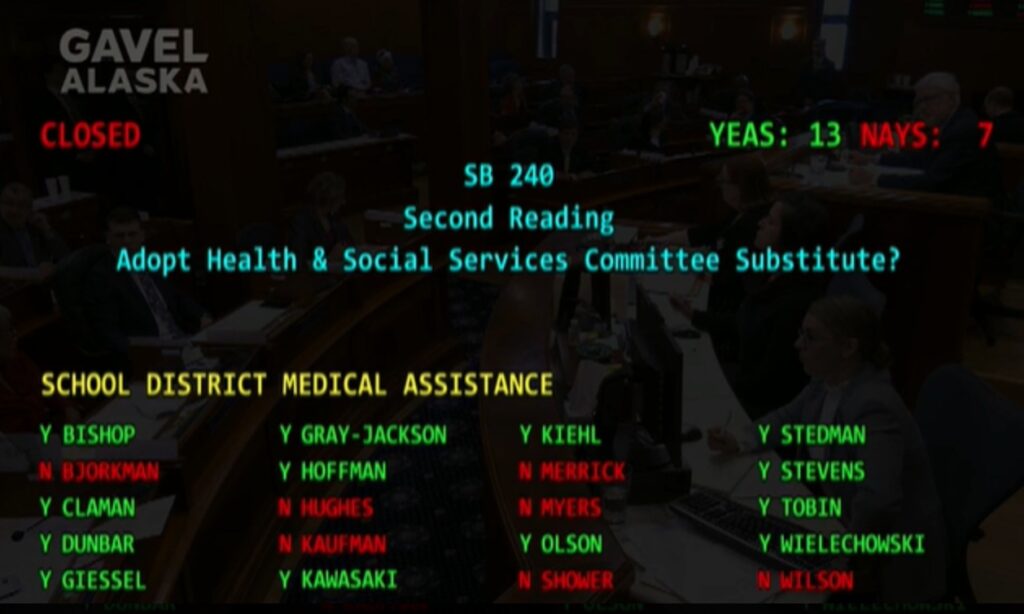By BETHANY BLANKLEY | THE CENTER SQUARE
More than 1.7 million foreign nationals have illegally entered the U.S. in the first six months of fiscal 2024, the greatest number for this time period in U.S. history. It’s far beyond twice the population of Alaska, which is 733,000.
The 1,733,496 who illegally entered in the first six months of the fiscal year outnumber the 1,547,866 who illegally entered in the first six months of fiscal 2023 by more than 185,000.
In March alone, there were 246,432 illegal entries reported nationwide, with 189,372 illegally entering through the southwest border alone, according to the latest Customs and Border Patrol data. That’s over 6,100 per day illegally crossing the southern border.
CBP also processed 44,000 foreign nationals who arrived at ports of entry using its CBP One phone app last month. Since January 2023 through the end of March 2024, more than 547,000 foreign nationals successfully scheduled appointments to present at ports of entry using the app, according to CBP data.
Through a new program created by Department of Homeland Security Secretary Alejandro Mayorkas, from Jan. 5, 2023, through the end of March 2024, 404,000 Cubans, Haitians, Nicaraguans, and Venezuelans were granted parole and released into the U.S. Among them were 86,000 Cubans, 168,000 Haitians, 77,000 Nicaraguans and 102,000 Venezuelans who CBP claims “were vetted and authorized for travel.”
Mayorkas was sued over the app and the parole program by more than 20 state attorneys general. House Republicans identified the app and parole programs as illegal and cited them in their charges used to impeach him.
As was the case in March and every month, the majority of foreign nationals illegally entering were single adults.
In the first six months of fiscal 2024, more than one million single adults – 1,040,553 – illegally entered the U.S., according to CBP data. They totaled more than the individual populations of Wyoming, Vermont, Alaska, North Dakota, South Dakota and nearly as much as the population of Delaware.
In March, CBP agents seized 16% more fentanyl and 19.6% more heroin than they did in February.
In the first six months of fiscal 2024, CBP agents seized 10,026 pounds of fentanyl.
Two milligrams of fentanyl, the weight of a mosquito, is considered a lethal dose. One pound of fentanyl, or 453,592 milligrams, is enough to kill 226,796 people.
This fiscal year through April 4, CBP agents seized enough fentanyl to kill more than 2.2 billion people.
This is after CBP Tuscon Sector agents have been seizing record amounts, more recently enough to kill nearly 4 billion people, The Center Square reported.
While much attention has focused on the southwest border, the number of illegal border crossers has skyrocketed at the northern border, where the greatest number of terrorists are also being apprehended. In the first six months of fiscal 2024, 91,408 illegal border crossers were apprehended, the greatest number in U.S. history.
In fiscal 2021, only 27,180 illegal crossers were apprehended at the northern border. The number increased dramatically to 109,535 in fiscal 2022, and to 189,402 in fiscal 2023.
Nationally, if the numbers continue on the same trajectory, fiscal 2024 illegal entries and fentanyl seizures are on track to surpass all other previous fiscal year records. CBP’s fiscal year is from Oct. 1 through Sept. 30.
Under the Biden administration, record number of apprehensions of illegal border crossers were broken every year. In fiscal 2021, a record 1.9 million illegal border crossers were apprehended, the highest number in U.S. history at the time. The number excluded those who evaded capture known as gotaways.
That record was broken in fiscal 2022 creating a new record of more than 2.7 million, and was again broken in fiscal 2023, surpassing 3.2 million, excluding gotaways.
Since fiscal 2021, a record 11 million foreign nationals reportedly illegally entered the U.S., including two million gotaways, The Center Square has reported.











